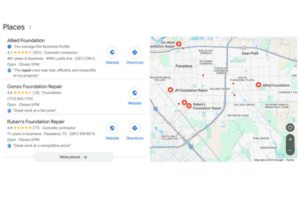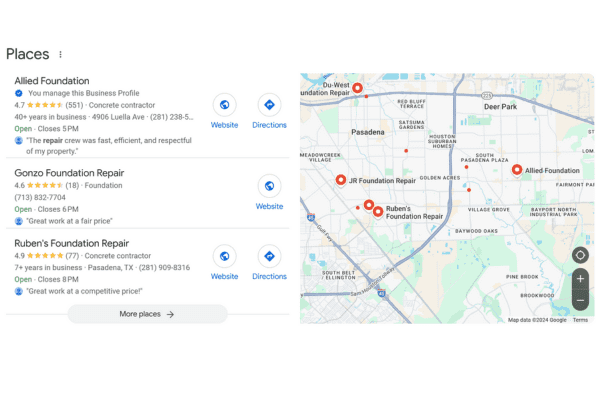In today’s digital marketing strategy, social media has become an integral part of our lives. It’s not just a platform for connecting with friends and sharing personal updates; it’s also a powerful tool for businesses to reach and engage with their target audience. This is where social media marketing comes into play. If you’re new to the world of social media marketing, fear not! This beginner’s guide will help you navigate the ins and outs of this dynamic and influential marketing strategy.
What is Social Media Marketing?
Social media marketing, often abbreviated as SMM, is the practice of using social media platforms to connect with your audience to build your brand, increase sales, and drive website traffic. It involves creating and sharing content on social media networks, analyzing and engaging with your audience, and running paid advertising campaigns to achieve your business goals.
Why is Social Media Marketing Important?
- Audience Reach: Social media platforms have billions of active users, making them an excellent avenue for reaching a vast audience.
- Brand Visibility: Regularly posting on social media increases your brand’s visibility and awareness.
- Engagement: Engaging with your audience through comments, likes, and shares helps build a loyal community around your brand.
- Targeted Advertising: Social media platforms allow you to target specific demographics, ensuring your content reaches the right people.
- Data and Analytics: You can track and analyze the performance of your social media campaigns to refine your strategies.
Now that you understand the importance of social media marketing let’s delve into the basics:
1. Choose the Right Platforms For Your Social Media Marketing Strategy
Not all social media platforms are created equal. Different platforms cater to different demographics and interests. It’s essential to identify where your target audience spends their time. Some popular platforms include:
- Facebook (Meta): Ideal for a wide range of businesses.
- Instagram: Great for visual content and a younger audience.
- Twitter (X): Suitable for quick updates and real-time engagement.
- LinkedIn: Best for B2B marketing and professional networking.
- Pinterest: Excellent for e-commerce and visually appealing products.
- TikTok: Great source for e-commerce and visually appealing products.
2. Create a Content Strategy
Consistency is key in social media marketing. Develop a content strategy that outlines what you’ll post, how often, and the type of content you’ll create. This could include:
- Text Posts: Share industry insights, tips, and updates.
- Images and Infographics: Visual content tends to perform well.
- Videos: Engaging videos can capture your audience’s attention.
- User-Generated Content: Encourage your customers to create content related to your brand.
3. Engage with Your Audience
Don’t treat social media as a one-way communication channel. Engage with your followers by responding to comments, answering questions, and acknowledging feedback. Building meaningful relationships with your audience fosters trust and loyalty.
4. Utilize Hashtags
Hashtags help increase the discoverability of your content. Research relevant hashtags in your industry and use them strategically in your posts. However, avoid overusing them, as it can make your content appear spammy.
5. Analyze and Adapt
Most social media platforms provide analytics tools that help you track the performance of your posts. Pay attention to metrics like reach, engagement, and click-through rates. Use this data to refine your content strategy and make informed decisions.
6. Consider Paid Advertising for Social Media
If you have the budget, consider running paid advertising campaigns on social media. These campaigns allow you to target specific demographics and reach a broader audience. Platforms like Facebook and Instagram offer powerful ad-targeting options.
7. Stay Updated with Social Media Trends
Social media is constantly evolving. Stay updated with the latest trends, features, and algorithm changes on your chosen platforms. Joining online marketing communities and following industry blogs can be invaluable for staying informed.
Get Started with Social Media Marketing
Social media marketing can be a potent tool for promoting your business, but it’s important to approach it strategically. By choosing the right platforms, creating engaging content, and analyzing your results, you can harness the power of social media to grow your brand and connect with your target audience.
Remember, social media marketing is not a one-size-fits-all approach. What works for one business may not work for another. Experiment, learn from your successes and failures, and adapt your strategy accordingly. As you gain experience, you’ll find the right mix of tactics that work best for your business.















